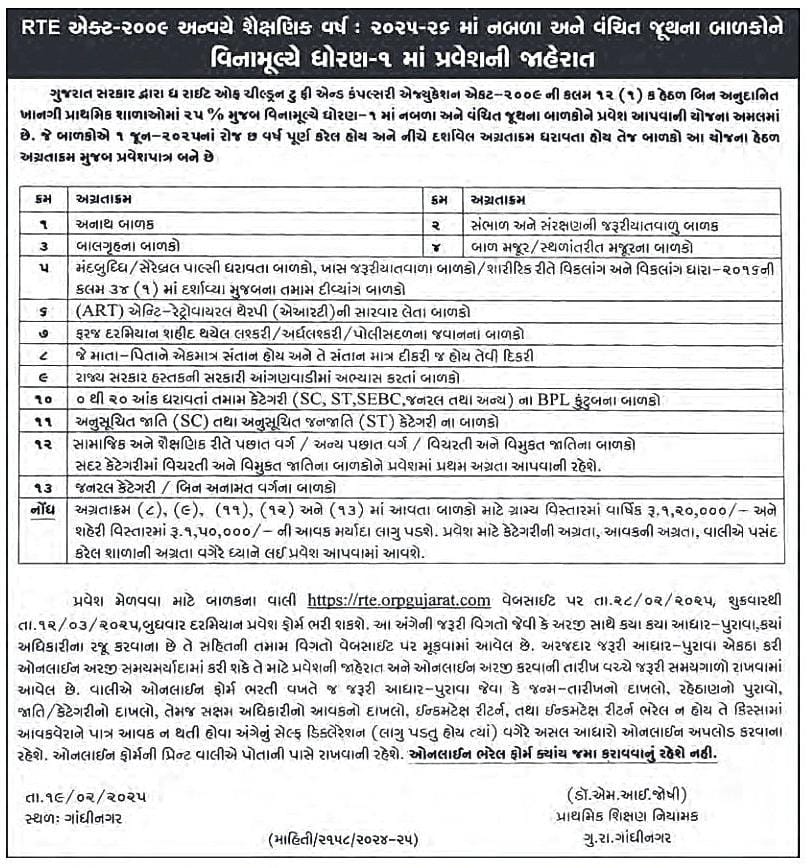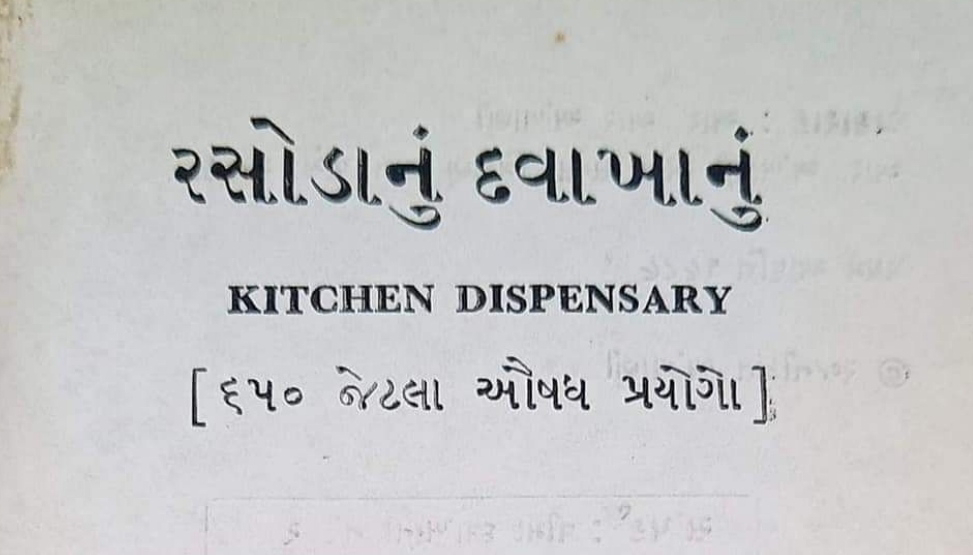The Best Video Editing Apps of 2025: Revolutionizing Mobile Content Creation
The Best Video Editing Apps of 2025: Revolutionizing Mobile Content Creation In 2025, the world of video editing has evolved tremendously. Gone are the days when video editing was reserved for professionals with expensive software and heavy-duty hardware. Today, powerful video editing apps are in the palm of your hand, making it easier than ever … Read more









